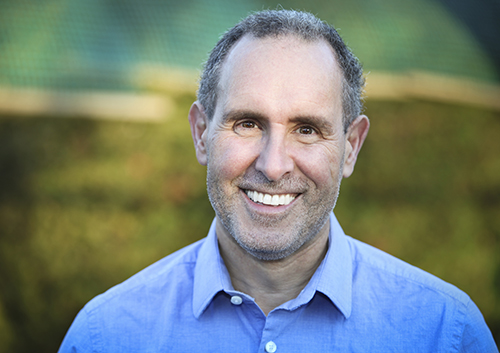
Father’s Day is coming up, and, just in case your dad has enough ties, we have some gifting suggestions for you. Here’s a selection of gifts large and small tailored to your dad’s interests and his dental health.
If your dad is happiest out camping, or his most relaxed at the lake fishing, or gets rid of stress with a 20-mile hike, help your dad stay happy, relaxed, and stress-free with an emergency dental kit for any unexpected problems which might crop up during his adventures.
You can find these lightweight kits in sporting stores and online. Supplies like cotton rolls, dental floss, oral pain relievers, a dental mirror, and even temporary fillings are included, because, as your dad no doubt told you, it’s always best to be prepared!
For the dad who’s first with the latest in smart phones and tablets, a new smart toothbrush might tick all the boxes.
Modern electric toothbrushes have plenty of options for the tech-savvy. They come with different settings for brushing and massaging. They can let your dad know if he’s brushed long enough (two minutes, please!), if he’s brushing too hard, or when the brush head needs to be retired. Smart models even link to apps, which can, among other things, map out any missed spots in his brushing coverage or suggest more effective brushing angles.
With his active life, any gift which makes your dad’s busy schedule run more smoothly is a good thing—such as a portable kit filled with dental necessities.
A travel toothbrush, a small tube of his favorite toothpaste, a compact mirror, dental picks, dental floss, and a mini-bottle of mouthwash are great basics for a confident smile any time of day. Put everything in a sturdy lightweight travel bag. And don’t forget to include a pack of sugarless gum! Sugarless gum helps increase saliva flow (for better hydration) and decrease oral acidity (to help prevent enamel erosion).
- The Dad with Gourmet Taste
If your dad has foodie tastes, a thoughtfully curated gift basket is a great idea for pleasing his palate and supporting his dental health.
Include items like cheeses, which are full of calcium and phosphorus for strong teeth. Fresh fruits provide vitamins for healthy teeth and gums. Nuts offer plenty of tooth-healthy minerals and vitamins, as well as packing a protein punch. For your dad’s sweet tooth, dark chocolate (at least 70% cacao) is a great source of antioxidants, iron, zinc, magnesium and other valuable minerals. It’s lower in sugar content, and some studies suggest that dark chocolate has cavity-fighting properties and supports gum health.
He can deke the goalie, throw a perfect spiral, and hit those threes from downtown. Or, at the very least, he gives his favorite sport his best shot! If your dad has some of his happiest moments, win or lose, on the ice, the gridiron, the court, or any other sporty venue, consider a custom mouth guard to protect his winning smile.
Custom guards are more comfortable than store-bought options because they are molded to fit the user’s teeth and mouth precisely. This is especially helpful for those with dental work like braces or bridges. And, because the fit is custom, breathing and talking are easier.
Your dad’s smiles light up family photos! And if he’s ever expressed an interest in lightening and brightening that beautiful smile, a professional whitening treatment might be a perfect gift.
Professional whitening at our Dallas office is the most effective way to brighten teeth, with results which are generally faster and more long lasting than over-the-counter treatments. And it’s done with your dad’s dental health in mind, with a checkup to make sure his teeth are in perfect shape before whitening, and with protective measures in place for sensitive mouth and gum tissue.
Of course your dad will appreciate another tie, or any other traditional gift, because you give it to him. But just in case you’re looking for something a little different to celebrate Father’s Day, choose a dental-healthy gift designed with your dad in mind—so you can celebrate his smile for years to come!



